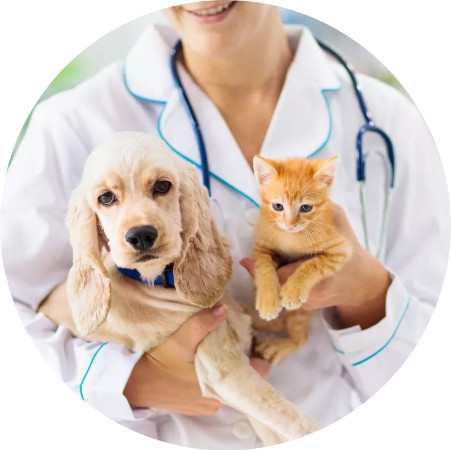
Welcome to
Martindale Animal Hospital
The traditional role of a health care provider in a community is to provide easy access to quality care. This is our main mission. It is very Important. We are focused on getting an animal and its owner in front of a veterinarian as soon as possible.
What We Do
Main Services
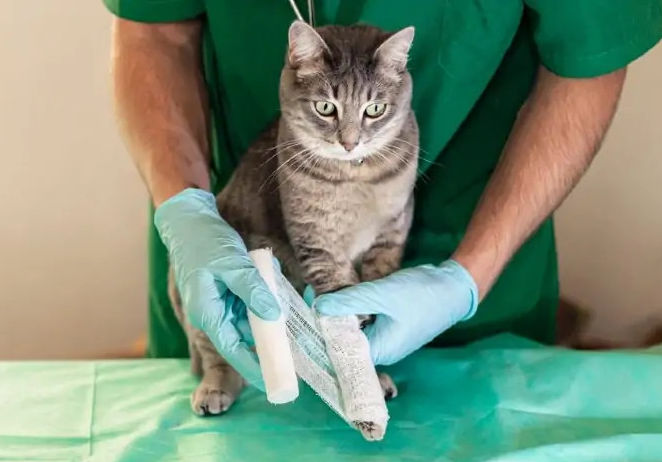
Care for All Life Stages
From their first visit to their senior days, we are there to help with your pet. Whether it is for guidance on nutrition to an unexpected injury, our goal is to care for your furry friend like it was our own.
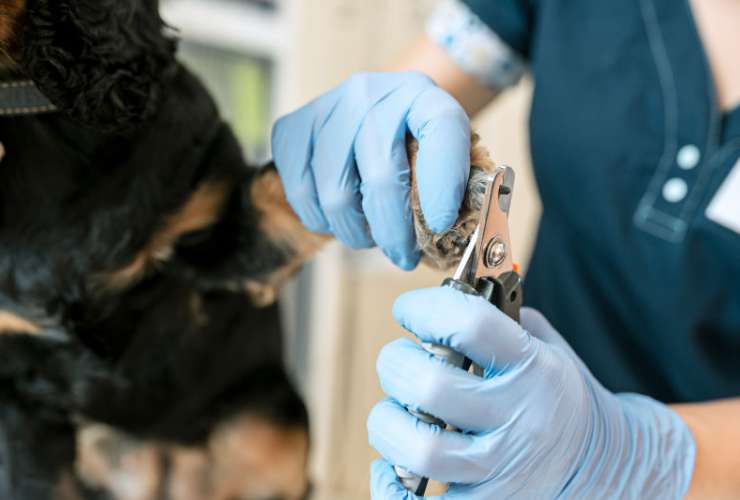
Prevention and Wellness
From vaccines to diagnostics, we offer a wide range of modern treatment options. Our purpose is to place the individual needs of each patient first and offer a range of solutions for the health of your pet.
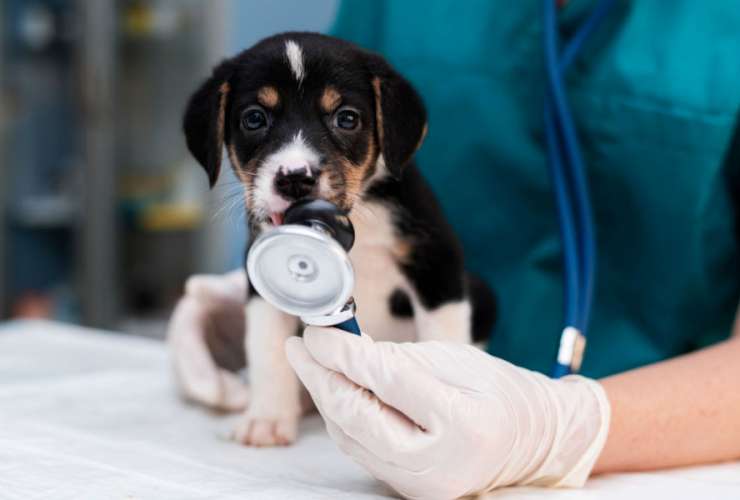
Surgical Care Services
From spaying to soft tissue surgery, we offer a wide range of surgical procedures!
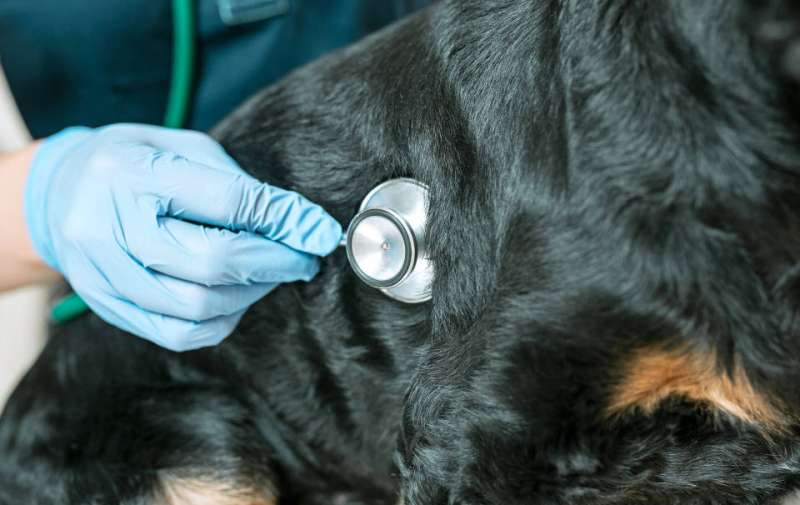
Our Mission
Taking Care Of Your Pet
When you choose Martindale Animal Hosptial you can be assured
your pet is receiving the most advanced veterinary care
from our experienced & dedicated staff.
Your
Veterinarian Team

Dr. Suitor
Dr. Suitor graduated from Veterinary Medicine in Laval Quebec in 1945

Dr. Armstrong
Dr. Armstrong won an award for “Best Veterinarian” in Sudbury in 1959

Dr. Shalla
Dr. Shalla has produced many You Tube videos on Pet health. They have over 10 million views
F.A.Q.
Kittens typically need to be fed more frequently than adult cats to support their rapid growth and development. Here’s a general guide based on their age:
Under 4 weeks: Kittens should still be nursing from their mother or bottle-fed kitten formula every 2-3 hours.
4 to 8 weeks: Begin introducing wet food or softened dry food 4 times a day along with the milk formula.
8 to 12 weeks: Feed kitten-specific wet or dry food about 4 times a day.
3 to 6 months: You can reduce feeding to 3 meals a day.
6 to 12 months: Feed 2 to 3 meals per day as they transition to adult food.
Make sure to provide fresh water at all times, and consult Martindale Animal Hospital for advice specific to your kitten’s breed and health.
Feeding a puppy depends on their age, size, and breed, but here’s a general guide:
6 to 12 weeks: Puppies should be fed four times a day. This is when they are growing rapidly and need frequent meals.
3 to 6 months: Feed three meals per day. During this stage, you can start gradually reducing meal frequency.
6 to 12 months: Feed two meals a day. Smaller breeds may reach maturity faster and can transition to adult food earlier, while larger breeds may need to continue on puppy food for a bit longer.
After 12 months: Most dogs can switch to adult food and be fed twice a day.
Always make sure to provide plenty of fresh water and consult with Martindale Animal Hospital to ensure your puppy is getting the right type and amount of food for their breed and activity level.
Bringing your pet to the vet regularly is essential for their health and well-being. Here’s a guide on when you should take your pet to the vet
Initial Visit: As soon as you get a new puppy, kitten, or adult pet, take them for a check-up to establish a baseline for their health. For puppies and kittens, this is especially important as they will need vaccinations, deworming, and a health evaluation.
Puppies and Kittens: They should see the vet for vaccinations every 3-4 weeks until they are about 16 weeks old. This includes shots for diseases like distemper, parvovirus, and rabies.
Adult Dogs and Cats (1-7 years): Take your pet to the vet at least once a year for a wellness check, vaccinations, and to monitor for any health changes.
Senior Pets (7+ years): Senior pets may need check-ups every 6 months, as they are more prone to developing health issues that can be caught early with regular visits.
Signs Your Pet Needs Immediate Vet Care:
Changes in eating, drinking, or bathroom habits
Vomiting or diarrhea lasting more than 24 hours
Lethargy or significant behavior changes
Coughing, sneezing, or breathing problems
Limping or difficulty moving
Unusual lumps, bumps, or swelling
Excessive scratching, licking, or signs of discomfort
Trauma or injury (e.g., car accidents, falls, fights)
If you’re ever unsure, it’s better to call Martindale Animal Hospital and describe your pet’s symptoms to determine if they need to come in for an examination. Regular preventative care can help avoid more serious health problems later on.
Yes, most pets—especially dogs—need heartworm prevention medication, and in some cases, cats and ferrets may also benefit from it. Here’s why:
For Dogs:
Heartworm disease is caused by parasitic worms that are transmitted through mosquito bites. Once inside your dog, the worms grow in the heart, lungs, and blood vessels, causing serious health problems.
Prevention: It is recommended to give your dog heartworm prevention medication year-round, depending on the climate and risk in your area. Common medications are usually administered monthly as chewable tablets, topical treatments, or injections given by your vet every 6-12 months.
Regular testing: Even if your dog is on heartworm medication, they should be tested regularly to ensure the treatment is working and that they are heartworm-free
For Cats:
Cats are less commonly affected by heartworms, but they can still contract the disease, which can be more dangerous for them because there is no approved treatment for cats.
Prevention: Some vets recommend preventative medication for cats, especially in areas where heartworms are prevalent. These are typically monthly topical or oral medications.
If your pet needs emergency care outside our office hours. Please Call 1-705-410-1240
Contact Us
Service Hours
| Monday, Friday | 9:00 am - 5:00 pm |
| Tuesday, Wednesday, Thursday | 9:00 am - 7:00 pm |
| Saturday, Sunday | Closed |


